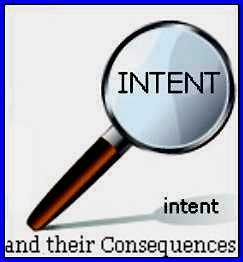
Forcing Executor to Act. Rule 25-11 of WESA permits ‘a person interested in the estate’ to use a Citation to compel the named executor to apply for probate or be deemed to have renounced.
This is an important tool in the arsenal of estate litigators when dealing with parties who for often unknown reasons refuse to proceed with the task of taking control of the deceased’s assets and affairs, getting the will probated, the debts paid, and the assets distributed to the beneficiaries.
Rule 25-1 (4) provides that an executor renounces executorship upon two circumstances:
- in the circumstances set out under paragraph 25 – 11 (5) where the executor is deem to have renounced executorship following a citation to apply for probate;
- when a Notice of Renunciation in Form 17 from the executor is filed in the relevant application or proceeding. There is now a prescribed notice of renunciation.
Since Rule 25-11 permits ” a person interested in the estate” to issue a Citation, so it is certainly arguable that the citation process will be available to not just named executors, beneficiaries, and creditors, but also to intestate heirs and potential wills variation claimants.
The Citation is issued in Form P32 of the WESA Rules.
The Citation must clearly identify the citor, the deceased, and the document which is to be probated as the will, as well as the citor1 s grounds for believing that the document exists.
The citation must be personally served and is not filed with the court registry to commence the Citation process .
If the cited executor does apply for the grant, it is still open to the citor to apply under s. 158 of the WESA to remove or pass over the executor under appropriate circumstances.
The executor served with the Citation must, within 14 days after being served provide a copy of the grant of probate by ordinary mail, or if no probate has yet been granted, then serve the Citor as follows:
- if they have submitted the probate documents to the registry, then provide by ordinary mail copies of the documents ;
- file an answer and form 33 stating that the cited person will either apply for a grant of probate or refuses to apply for a grant of probate .
Under rule 25 – 11 (5) a person who is cited to apply for a grant of probate is deemed to have renounced executorship to that document unless the grant of probate is obtained within six months after the date in which the citation was served, or within any longer. The court on application by the cited party may allow, or has filed an answer stating that the executor refuses to apply for a grant of probate in respect of the testamentary document.
The standard 21 day notice of the application for probate will use up a significant portion of that six month period .
Any issue concerning the validity of the will or another impediment such as a notice of dispute, then the time period would be impossible to meet.
It is likely that in such scenarios that a court applications to extend the time period would be necessary.




